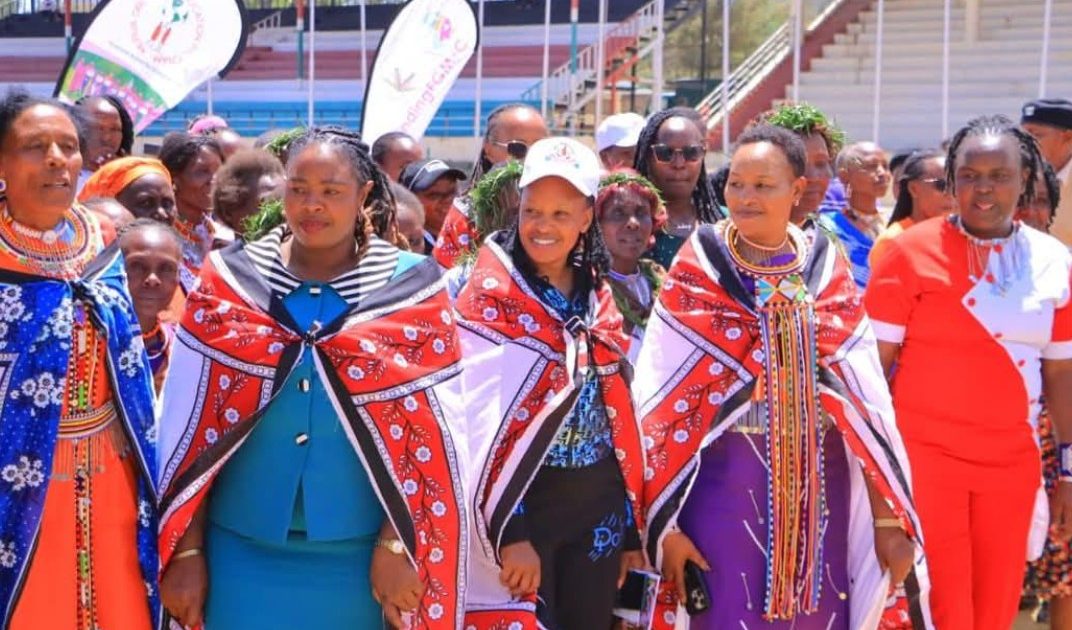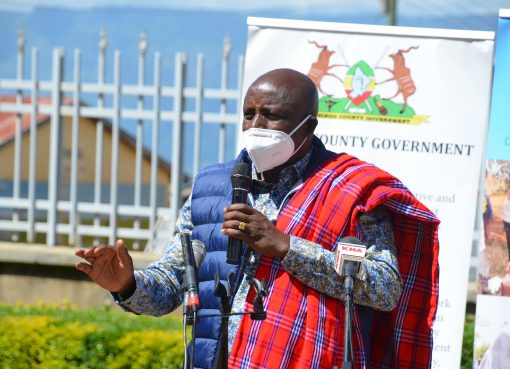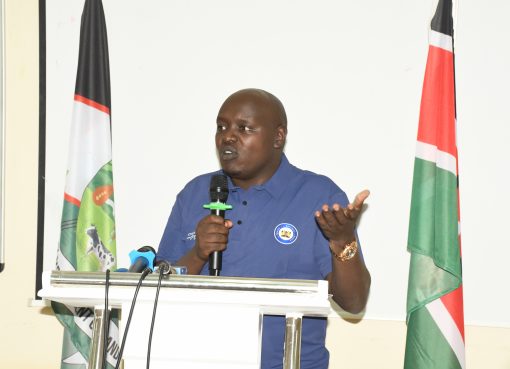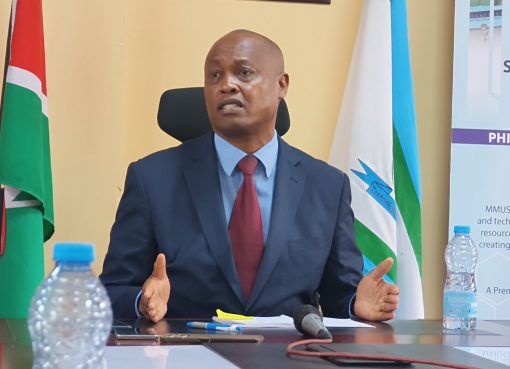This year’s International Women’s Day in Narok County was marked by a powerful call for economic empowerment to transform the lives of women and girls.
Women from marginalized communities continue to face significant obstacles, including early marriages, female genital mutilation resulting in health complications such as fistula, and the neglect of girls’ education, which have hindered their social and economic progress.
At Ole-ntimama Stadium, hundreds of women gathered to commemorate the day. During the event, Agnes Ntutu, wife to Governor Patrick Ole Ntutu, stressed the importance of women’s empowerment and inclusion.
“I have urged women to have a voice in society because when we are included, the entire community is represented. We must take up leadership positions, educate ourselves, and support each other. I have organised meetings to teach women about leadership, personal hygiene, and the importance of maintaining our surroundings. Our environment reflects who we are,” she explained.
Ms. Ntutu also encouraged women to join Savings and Credit Cooperatives (SACCOs), emphasising that financial independence is essential to breaking the cycle of poverty.
“By saving money, accessing loans, and investing in their own businesses through SACCOs, women can strengthen their economic status and create sustainable livelihoods,” she stressed.

Director of the Ushanga Initiative, Rebecca Senoi, a platform designed to create jobs and improve the living standards of pastoralist women through the commercialisation of beadwork, highlighted the transformative potential of the project.
“We have trained women and acted as a bridge to market access. We also supply them with the necessary materials to create beads, empowering them economically.
Most importantly, this initiative is teaching them to see beadwork as a viable source of livelihood,” Senoi stated.
She further noted that the initiative has spurred the formation of cooperatives, with 21 societies already active in Narok County.
“These cooperatives have fostered unity among women and boosted their economic prospects through collective activities such as table banking,” she added.
The Ushanga Initiative aims to strengthen the business and production capacity of women and youth while enhancing the competitiveness of bead products in local, regional, and international markets.
By encouraging the formation of cooperatives, the initiative enables women to collaborate efficiently, protects the intellectual property of communities practicing beadwork, and preserves their cultural heritage by establishing direct channels with buyers and monitoring for any illegal activities.
Anchored in the belief that economic empowerment is key to sustainable development, the Ushanga model mobilises women into organised cooperative groups, provides essential production infrastructure, and facilitates market access through innovative designs, advanced beading techniques, refined product finishing, and strategic marketing.
Senoi views the initiative as the sole bargaining tool available for marginalised women, given that most economic opportunities are controlled by men in their culture.
In a male-dominated society like Narok County, where calls for women’s inclusion in leadership and economic empowerment are gaining momentum, women continue to face pervasive discrimination.
They remain at a higher risk of poverty and have limited negotiating power and access to essential resources.
By Lamech Willy.A and Vivian Stacy





